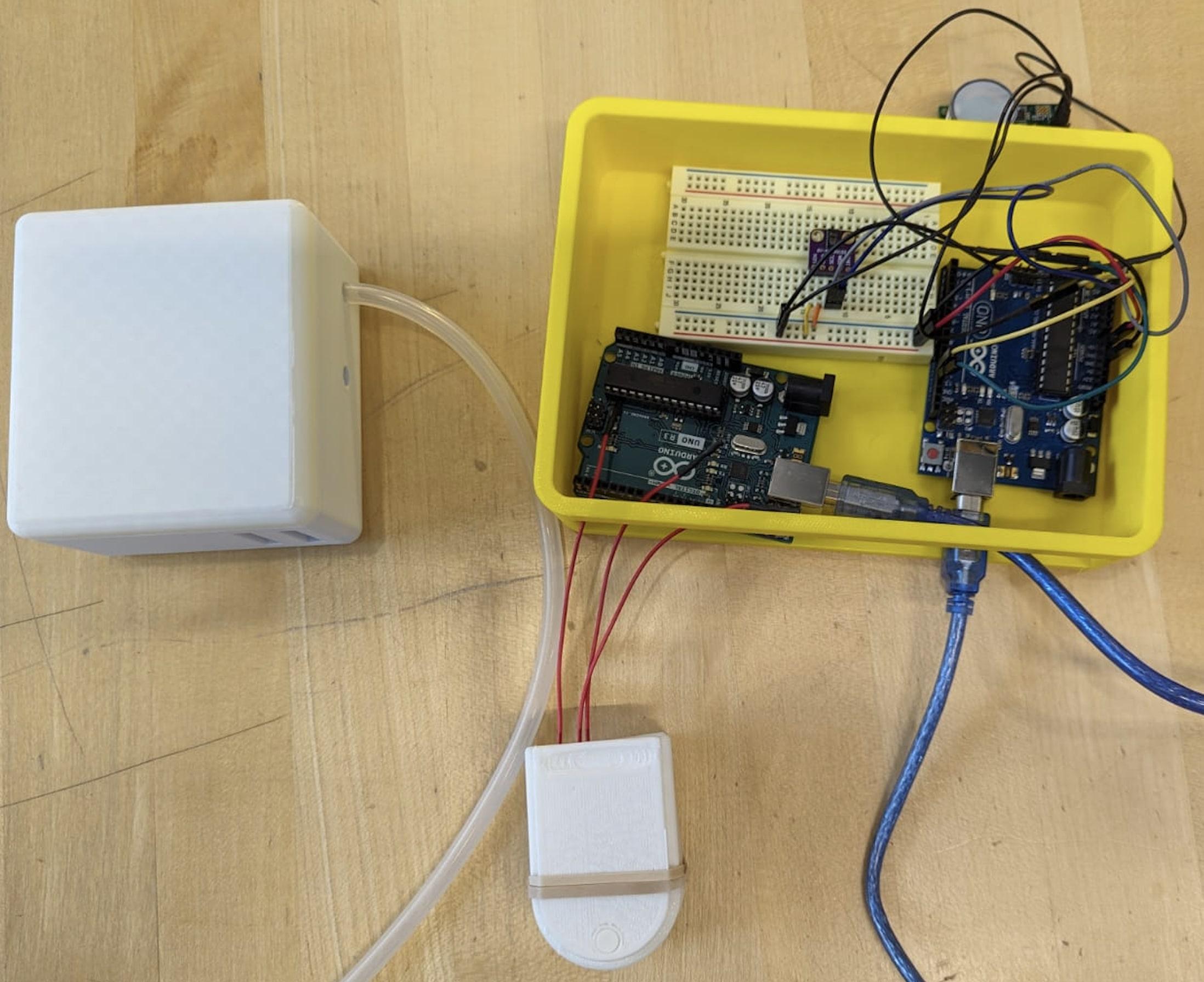Project Description:
Venovenous Extracorporeal Membrane Oxygenation (VV ECMO) is a specialized technique for managing severe respiratory failure by diverting blood away from the lungs and using an external circuit to facilitate oxygenation and CO2 removal. Patients with any form of lung injury, fluid buildup in the lungs from transfusions for resuscitation, or infections benefit from VV ECMO. The incidence of acute lung injury (ALI) ranges from 3% to 33%, and mortality 12.8% to 33%. Blast lung injury (BLI) has an incidence ranging from 1.4% to 40% and mortality of 11% to 56%. Delayed treatment could increase mortality further, making easily accessible and effective treatment for lung damage critical to increasing patient survival rates. ECMO management requires doctors and medical staff to constantly monitor the machines as long as they are running which can be demanding especially at high patient volumes. In emergency situations, patients can experience extreme events such as: quick blood clotting, pump failures, and other complications. These situations often require immediate intervention to keep the patient safe. Our solution to this is to obtain autonomous monitoring and control of the ECMO system by implementing O2/CO2 sensors to assess patient vitals and respond with the appropriate decision to maintain a balance in gas flows and ideal patient conditions. Humans are more prone to error compared to automated devices, so our system could offer more precise, real-time adjustments, which improves patient outcomes and makes this life-saving treatment more accessible to a wider patient population. Automation reduces the workload on healthcare professionals and can provide them with detailed data analysis to support more informed decision making regarding treatments. Unfortunately the dependence on technology raises concerns about system failures, software errors, or inappropriate patient management decisions. An over-reliance on autonomous systems could lead to a decline in manual skills and the judgment required to manage ECMO without technological assistance. The ideal use of our system would be to find a balance between manual and automated work to provide the best possible care for patients in need of the ECMO treatment.
